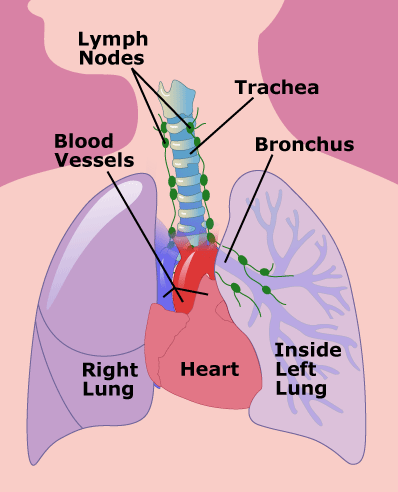- Parents Home
- Para Padres
- A to Z Dictionary
- Allergy Center
- Asthma
- Cancer
- Diabetes
- Diseases & Conditions
- Doctors & Hospitals
- Emotions & Behavior
- First Aid & Safety
- Flu (Influenza)
- Food Allergies
- General Health
- Growth & Development
- Heart Health & Conditions
- Homework Help Center
- Infections
- Newborn Care
- Nutrition & Fitness
- Play & Learn
- Pregnancy Center
- Preventing Premature Birth
- Q&A
- School & Family Life
- Sports Medicine
- Teens Home
- Para Adolescentes
- Asthma
- Be Your Best Self
- Body & Skin Care
- Cancer
- Diabetes
- Diseases & Conditions
- Drugs & Alcohol
- Flu (Influenza)
- Homework Help
- Infections
- Managing Your Weight
- Medical Care 101
- Mental Health
- Nutrition & Fitness
- Q&A
- Safety & First Aid
- School, Jobs, & Friends
- Sexual Health
- Sports Medicine
- Stress & Coping
CT (CAT) Scan: Chest
What Are CT (CAT) Scans?
A computed tomography scan (CT scan), also called computed axial tomography scan (CAT scan), is a type of imaging test. It uses computers and a rotating X-ray machine to take cross-sectional pictures of the body. CT scans give doctors more detailed images than X-rays can provide. Unlike X-rays, they can show organs, soft tissues, and blood vessels in addition to bones.
CT scans are painless. A CT scan involves more exposure to radiation than a regular X-ray does, but the risk is small.
What Is a Chest CT Scan?
A chest CT scan uses a special X-ray machine to take pictures of a patient's lungs, heart, blood vessels, airway passages, ribs, and lymph nodes.
A person getting a CT scan lies on a table. A pillow and straps hold them in place to prevent movement that would result in a blurry image. The donut-shaped machine circles the body, taking pictures to provide cross-sections of the chest from various angles. These pictures are sent to a computer that records the images. It also can put them together to form 3D images.
Why Are Chest CT Scans Done?
A chest CT scan can find signs of inflammation, infection, injury or disease of the lungs, breathing passages (bronchi), heart, major blood vessels, , and esophagus.
What if I Have Questions?
If you have questions about the chest CT scan or what the test results mean, talk to your doctor.

- Getting a CT (CAT) Scan
- CT (CAT) Scans
- X-Ray Exam: Chest
- CT (CAT) Scan: Abdomen
- CT (CAT) Scan: Head
- Lungs and Respiratory System

© 1995- The Nemours Foundation. KidsHealth® is a registered trademark of The Nemours Foundation. All rights reserved.
Images sourced by The Nemours Foundation and Getty Images.
